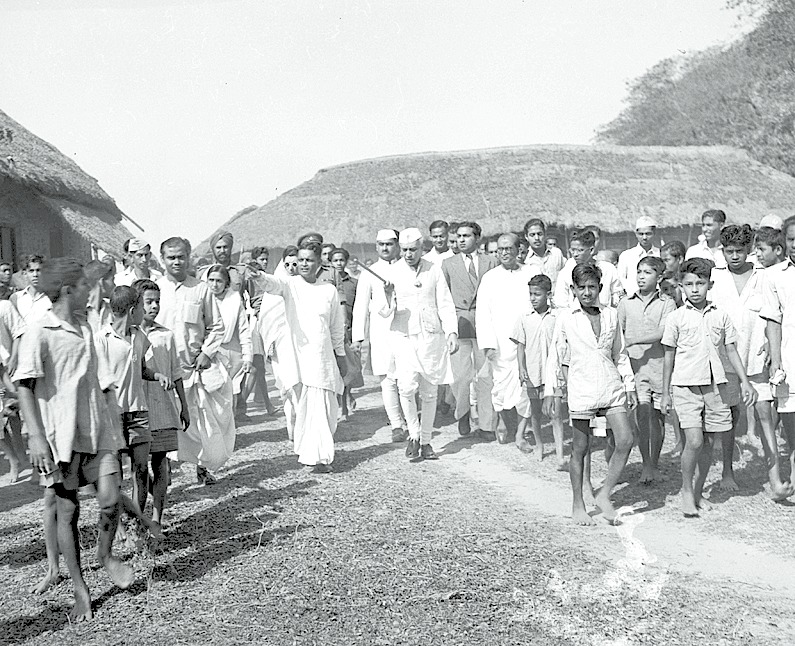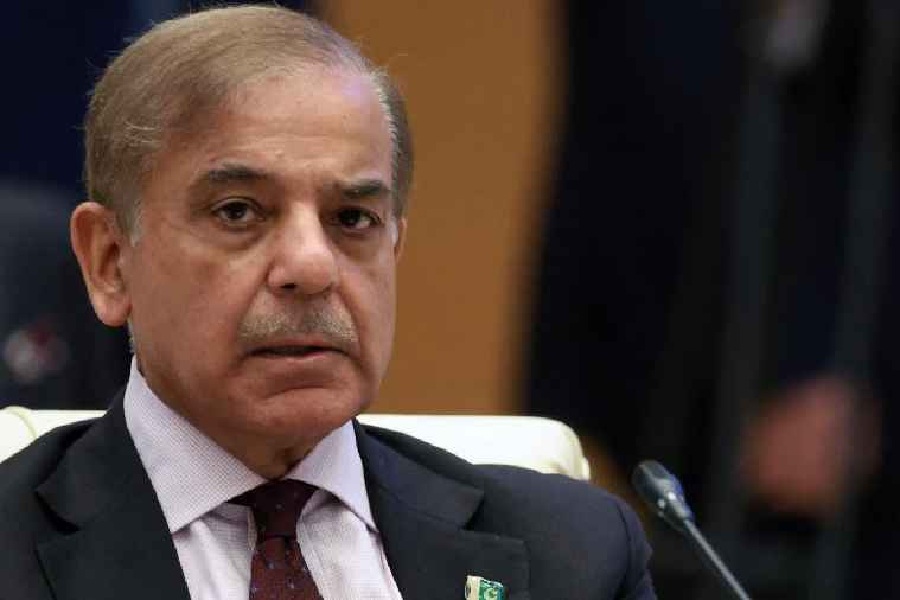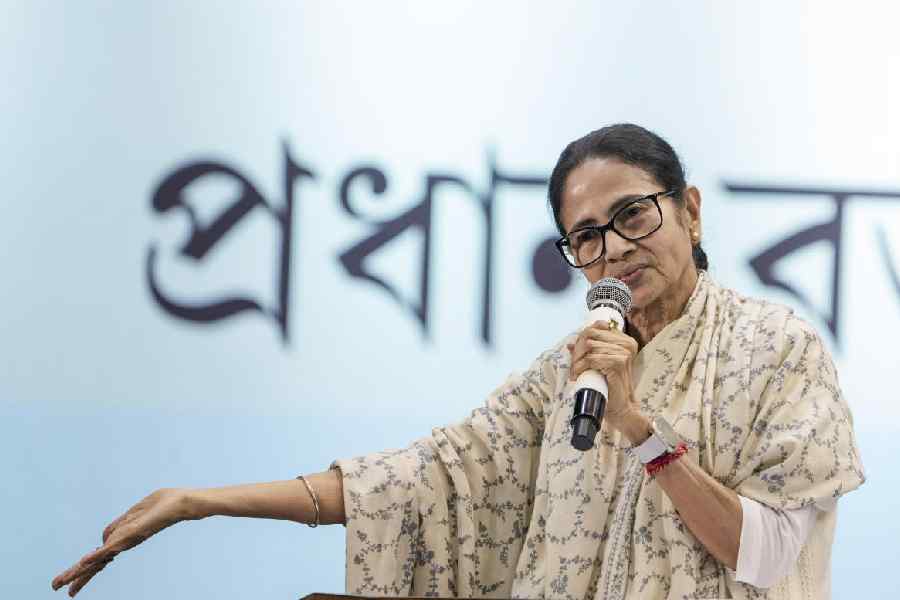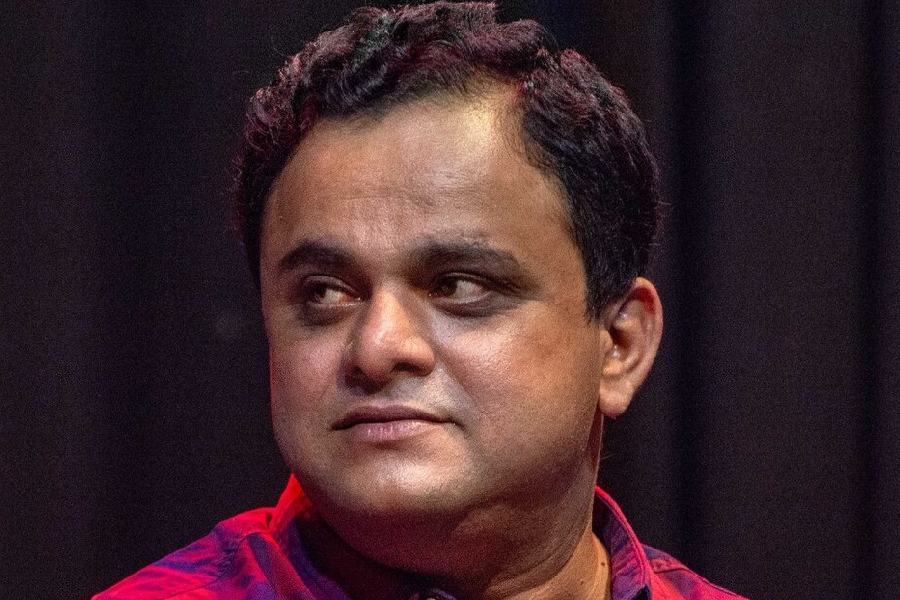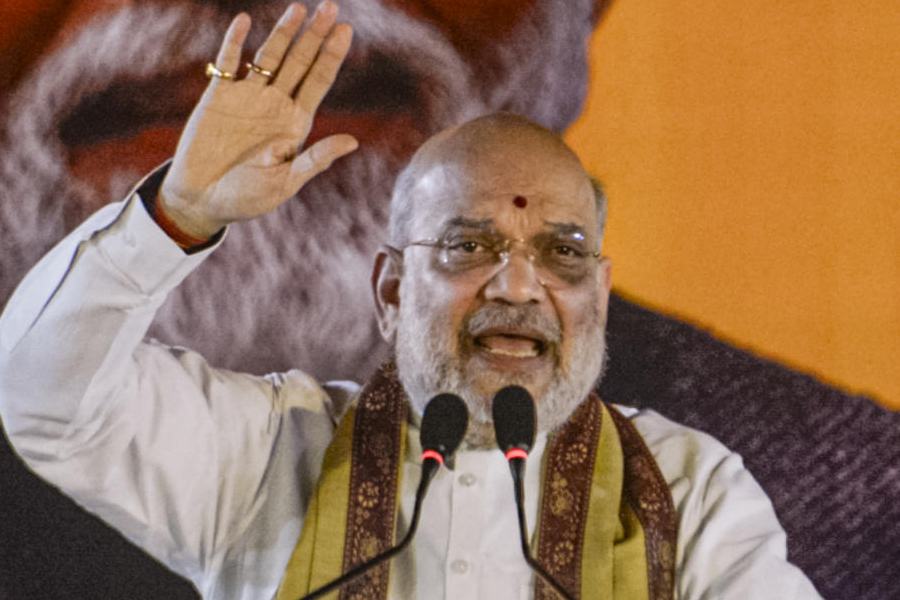
There's an obvious way of tackling the unwanted (but ineradicable) past and a subtle way also. Bristol has adopted the latter. With the solitary exception of Singapore, former British colonies flexing nationalistic muscles follow the former. So, surprisingly, did some Manchester University students when they recently painted over Kipling's "If" on a students' union wall and replaced it with a poem by a black writer and activist, Maya Angelou. They explained it was to "decolonise" academia and restore black and brown voices that imperialism had written out of history.
Angelou's "Still I Rise" reads beautifully. "You may shoot me with your words,/ You may cut me with your eyes,/ You may kill me with your hatefulness,/ But still, like air, I'll rise." But it's simplistic to dismiss Kipling as racist and imperialist. Those who trot out the seemingly telltale opening lines of "The Ballad of East and West" - "Oh, East is East, and West is West, and never the twain shall meet,/ Till Earth and Sky stand presently at God's great Judgment Seat" - would do well to ponder on the significance of the lines that follow, "But there is neither East nor West, Border, nor Breed, nor Birth,/ When two strong men stand face to face, tho' they come from the ends of the earth!" It bears stressing in this narrowly sectarian stage of India's great journey that the bard of empire ranked humanity above identity.
Fatima Abid, Sara Heddi, Deej Malik-Johnson, Riddi Viswanathan (styled "student union diversity officer") and Sara Khan (with the even more far-fetched designation of "liberation and access officer") and their militant colleagues haven't really done anything especially pioneering. Manchester has a long history of supporting the underprivileged. Providing refuge to homeless Jews in Cheetham Hill and Prestwich, the Peterloo massacre, and building the Free Trade Hall (picture) which A.J.P. Taylor called a public space to a concept made the city unique long before radicalism became fashionable as a prerogative of the young and a factor in race relations.
I doubt if there was a brown face present when the "Manchester Indian Association" organized a public meeting in the Town Hall in 1877. The lord mayor presided, presumably in the municipal magnificence of robe and chain, while the great orator and reformer, John Bright, and the engineer who devoted his life to irrigating India's parched fields, Arthur Cotton, discussed "the affairs of India with special reference to famines and the means of their placation". Cotton's superiors tried to have him impeached but as late as 2015 a grateful Telugu Desam Party legislator, Nimmala Rama Naidu, offered pinda dan at the Godavari Maha Pushkaram festival to honour the father of the Prakasam Barrage, Dhavaleswaram Dam, Kurnool Cuddappah Canal and other waterways that enabled Indian agriculture to survive murderous drought.
The tradition continued into the 20th century. Mill workers in neighbouring Lancashire towns cheered Gandhi in 1931 when Winston Churchill was denouncing the "half-naked fakir" as "nauseating" and Gandhi's spinning wheel and boycott of British goods threatened their own livelihood. It was said that when the American military insisted on segregated pubs in these towns during the Second World War, some landlords defiantly announced "Black Troops Only". The "overpaid, over-sexed and over here" jibe probably dated from then. The city celebrated a pan-African congress soon after the war ended. The black demonstrator with a "Save Jimmy Wilson" placard I saw in 1958 added one small voice to the many worldwide that helped to rescue an illiterate Alabama farmhand from death by electrocution for stealing $1.95.
I wish though that those intrepid multiracial students fighting for justice had bombed the ugly concrete union in Oxford Road which so closely resembles a Soviet palace of culture. Aesthetics apart, it was a fraud on the community. Unlike Oxford and Cambridge, a provincial British university students' union is not just a debating society. It's a club with all attendant facilities. In my time the men's union in Burlington Street with its deep green leather arm chairs, billiards room and bar was reckoned "the best gentleman's club in town".
Talk of merger with the almost as well equipped women's union next door regularly stalled over terms. "Over my dead body!" Don Mills, my colleague on the men's committee, thundered when asked if women would use the front door if the two unions became one. "We are not at war, only in a state of armed hostilities," said the women's union president, Joyce Gillow, echoing Anthony Eden in the year of Suez. A "progressive" new committee didn't try to tamper with temperament or tradition. Instead, it obtained sanction and funds for a single union building. Harold Macmillan, then prime minister, declared at the opening that although there was some doubt about whether he was inaugurating two unions or one, the solution was bound to be swift and radical in the university to which Mrs Pankhurst (the suffragette leader) had sent her daughters.
The union had no poetic decorations in those days. Such a thing as a "Leaders Lounge" - where the switch from Kipling to Angelou took place - was unknown. Just as no one would have projected Kipling, no one would have named the union after Steve Biko, the murdered South African nationalist, either. Students marched for Egypt and raised money for Hungary. When I stood for union committee, Ian Kane, the president, said that given Manchester's "inverse colour bar", my election was "a dead cert". But we shied away from overt displays of emotion and explicit loyalties. I was excluded from inter-university debating since the men's union had severed ties with the National Union of Students because it was affiliated to the International Union of Students in Prague. You wouldn't find the Daily Express among the many publications to which the union subscribed, not for the reason Jawaharlal Nehru excluded Express reporters from Jammu and Kashmir, but because of the paper's shrieking populism. Shrovetide Rag was the event celebrated with the most fervour. It was a great lark when someone painted a trail of large booted footprints from Gladstone's statue in the city centre to Queen Victoria's. Our conservatism had a very small c.
In contrast, Edward Colston, the 18th-century member of parliament for Bristol probably flaunted his CONSERVATISM in huge block capitals. For years he was revered as "one of the most virtuous and wise sons of the city" which honoured him with a fine bronze statue. Now that the past is being judged anew in light of the present, Bristol's city fathers have decided that the alternative to defacement or demolition is to frankly acknowledge the subject's handiwork. A new plaque will read, "As a high official of the Royal African Company from 1680 to 1692, Edward Colston played an active role in the enslavement of over 84,000 Africans (including 12,000 children) of whom over 19,000 died en route to the Caribbean and America."
Some will regard this as posthumous praise. Others might denounce it as revisionist reappraisal. Many would have liked Colston to be left untouched like Singapore's Stamford Raffles. Albert Winsemius, a Dutch economist who advised on Singapore's growth strategy, feared that tampering with the past might erode investor confidence. Ever the pragmatist, Lee Kuan Yew readily agreed. Not for him the flamboyant demonstration of independence with which India banished raj memorials to dusty godowns or distant parks. Raffles still strikes a heroic pose by the Singapore River, arms folded determinedly across his chest.
India's leaders might find Bristol's example more useful as they set about inventing a lineage for themselves and their creed. All those graven king-emperors and queen-empresses, viceroys, governors and military commanders can be labelled anew so that the political present re-moulds the past nearer to the heart's desire. But that's another column.

